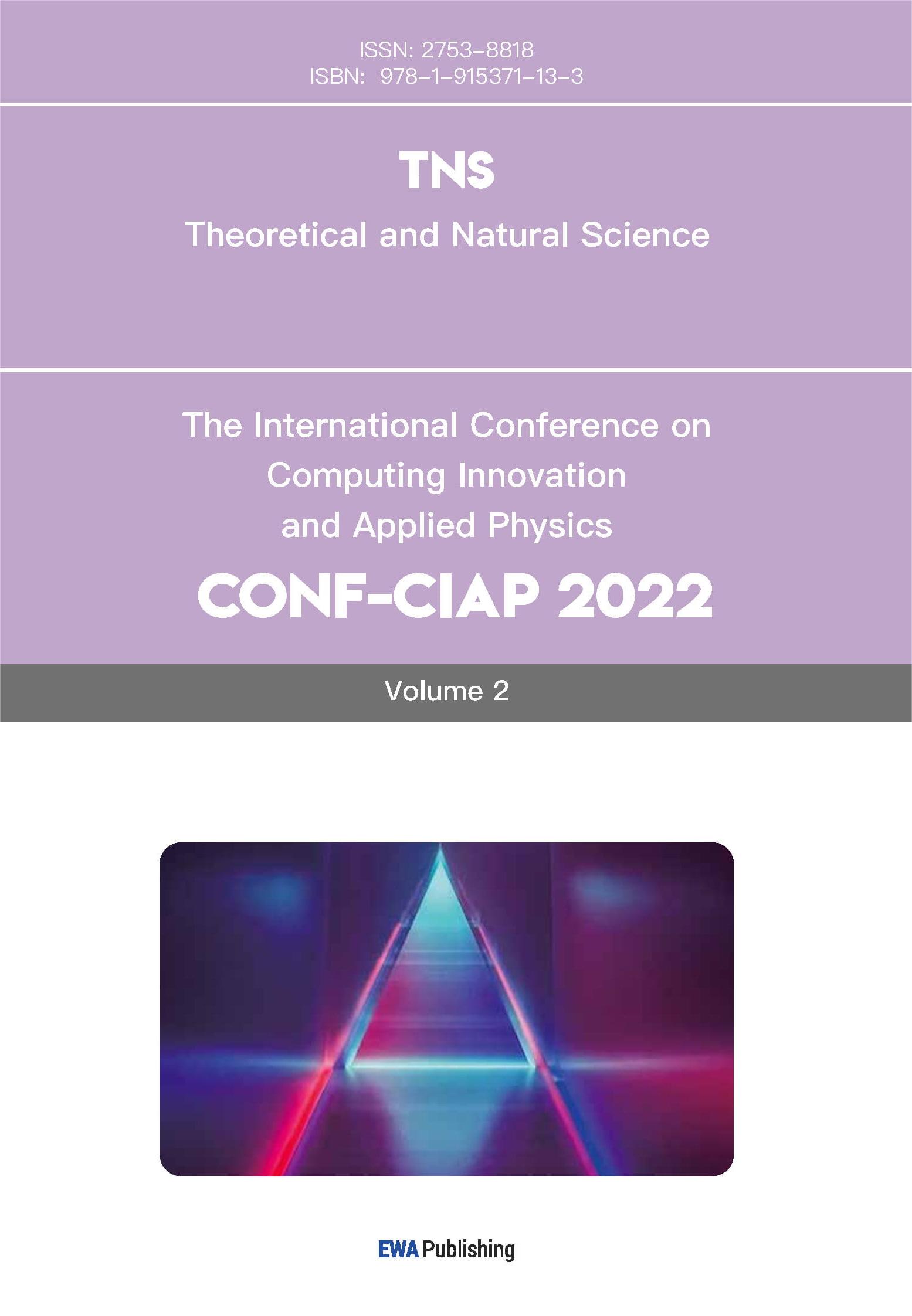References
[1]. Maier, A., Riedel-Heller, S.G., Pabst, A. and Luppa, M. (2021) Risk factors and protective factors of depression in older people 65+. A systematic review. PLoS One, 16(5), e0251326.
[2]. Monroe, S.M. and Harkness, K.L. (2022) Major Depression and Its Recurrences: Life Course Matters. Annu Rev Clin Psychol, 18, 329-357.
[3]. Shorey, S., Ng, E.D. and Wong, C.H.J. (2022) Global prevalence of depression and elevated depressive symptoms among adolescents: A systematic review and meta-analysis. Br J Clin Psychol, 61(2), 287-305.
[4]. Beurel, É., Toups, M. and Nemeroff, C.B. (2020) The Bidirectional Relationship of Depression and Inflammation: Double Trouble. Neuron, 107(2), 234-256.
[5]. Han, Y., Gu, S., Li, Y., Qian, X., Wang, F. and Huang, J.H. (2023) Neuroendocrine pathogenesis of perimenopausal depression. Front Psychiatry, 14, 1162501.
[6]. Oyola, M.G. and Handa, R.J. (2017) Hypothalamic-pituitary-adrenal and hypothalamic-pituitary-gonadal axes: sex differences in regulation of stress responsivity. Stress, 20(5), 476-494.
[7]. Vratarić, M., Senk, V., Bursać, B., Gligorovska, L., Ignjatović, D., Kovačevic, S., Velickovic, N. and Djordjevic, A. (2023) Fructose diet ameliorate effects of macrophage migration inhibitory factor deficiency on prefrontal cortex inflammation, neural plasticity, and behavior in male mice. Biofactors, 49(1), 90-107.
[8]. Montgomery, S., Hansen, T. and Kasper, S. (2011) Efficacy of escitalopram compared to citalopram: a meta-analysis. Int J Neuropsychopharmacol, 14(2), 261-268.
[9]. Cipriani, A., Furukawa, T.A., Salanti, G., Chaimani, A., Atkinson, L.Z., Ogawa, Y., Leucht, S., Ruhe, H.G., Turner, E.H., Higgins, J.P.T., Egger, M., Takeshima, N., Hayasaka, Y., Imai, H., Shinohara, K., Tajika, A., Ioannidis, J.P.A. and Geddes, J.R. (2018) Comparative efficacy and acceptability of 21 antidepressant drugs for the acute treatment of adults with major depressive disorder: a systematic review and network meta-analysis. Lancet, 391(10128), 1357-1366.
[10]. Wang, Q. and Liu, Y.J. (2024) Meta-analysis of the Efficacy and Safety of Agomelatine and duloxetine in the treatment of first-episode depressive disorder. Shanghai Pharmaceuticals, 45(09), 23-28.
[11]. Lu, S.S., Li, W.X., Zhang, B.B., Li, Z.Q., Jin, Y.H. and Hou, N. (2018) Meta-analysis of the Efficacy and Safety of escitalopram and duloxetine in the Treatment of depression. Chinese Pharmacy, 29(10), 1395-1400.
[12]. Hetrick, S.E.(2021) New generation antidepressants for depression in children and adolescents: a network meta-analysis. Cochrane Database Syst Rev. 5(5): p. Cd013674.



